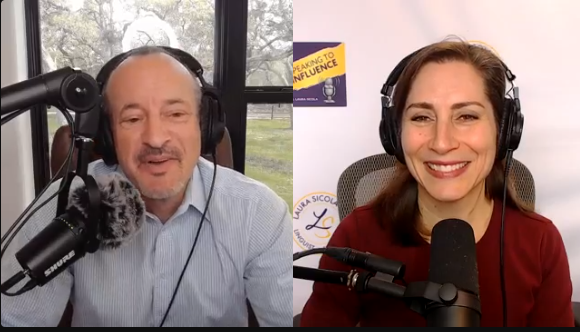When having an initial strategy call with a new coaching prospect, there’s one key quality I listen for that makes it a very easy yes-or-no decision regarding whether or not I want to work with them.
I need to know: Are they coachable?
Once I was on a call with a prospective client who was telling me about how he had worked with Dick Clark back in the days of American Bandstand, 40+ years ago.
After listening to more stories than relevant information (for the purposes of our call), I said, “That’s really great. What have you been working on more recently?”
He was a bit miffed by my shift in topic, and said, “Why does everyone always say that? I just told you I worked with THE Dick Clark. You’re supposed to say, ‘oh my God, that’s amazing! How did you do that?’!”
I paused in surprise for a moment, as there were numerous problems with that reply. I needed to decide which to address and how, in order to make this call end as quickly and easily as possible, since the answer to my essential question was a clear and resounding NO.
I decided on polite, but straightforward and brief:
“You’re right,” I began, “It is amazing, and I’m sure it was an incredible experience. But you booked this call because you said you’re interested in coaching, so we are here to do some goal- setting and see if this is the right fit.
And I now see that it is not. I’m asking you questions to help you get results, but you just scripted the response you wanted me to give you because you didn’t like the one you got. Which tells me that this is not a good fit.
With all due respect, you’re not looking for a coach, you’re looking for a cheerleader. And I’m happy to do that, and will continue to cheer you on, but not as your coach.”
I gave him some suggestions for other resources, then wished him well, and ended the conversation.
Hopefully, as he reflected on that exchange, he realized I was coaching him, and I hope it was a turning point for him to have far greater success moving forward.
Lots of people say they want a coach, but they don’t actually want to be coached.
This week on the Speaking to Influence podcast, Ian Wendt of Jaguar Health, describes how awareness of one’s own communication style is essential for leadership growth opportunities, and how investing in executive coaching was one of the best decisions he ever made to develop his own leadership skills.

Ian gave insight into what it means to be coachable and why it matters:
- Being open to constructive feedback, without jumping to defensive responses
- Deepening awareness of different communication styles in order to build productive relationships and interactions
- Willingness to adapt your messaging style in order to understand and meet the needs of executive leaders when presenting “up”
- Willingness to be challenged and step outside the comfort zone, from initiating simple conversations to taking on complex or sensitive situations in new ways (especially if the preference is simply to avoid them altogether)
Why do these things matter? Well, as a leader, we would expect others to do these things, and often we’ll have to coach them on how to do them … so how can we expect others to do them if we can’t or won’t do them ourselves?
Listen to the full conversation here or watch the video on YouTube here .



